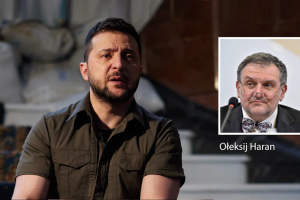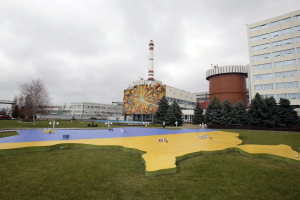At Any Cost: How Ukrainians Think aboutSelf-Defense Against Russia

Janina Dill University of Oxford
Marnie Howlett University of Oxford
Carl Müller-Crepon London School of Economics and Political Science
We thank the Ilko Kucheriv “Democratic Initiatives” Foundation and the Kyiv International Institute of Sociology for invaluable supportin carrying out this research and acknowledge generous research funding from Nuffield College.
Abstract:
How do populations facing external aggression view the costs and benefits of self-defense? In Western coun-tries, war support has been shown to follow cost–benefit calculations, resembling the moral principle of proportionality. Acategorical position, in contrast, means supporting self-defense regardless of the costs. To evaluate which moral principlepopulations facing external aggression follow, we conducted a conjoint experiment with 1,160 Ukrainians in July 2022.We examine support for different strategies Ukraine could pursue against Russia, which vary regarding the political au-tonomy and territorial integrity they afford and three costs: civilian and military fatalities, and nuclear risk. We find thatUkrainians do not trade off autonomy or territory against these costs. A new method to rank conjoint-attributes, comput-ing “nested” marginal means, shows that respondents categorically reject political or territorial concessions, regardless ofcosts. This provides first experimental evidence that populations resisting external aggression do not subject war outcomesto cost–benefit calculations.








